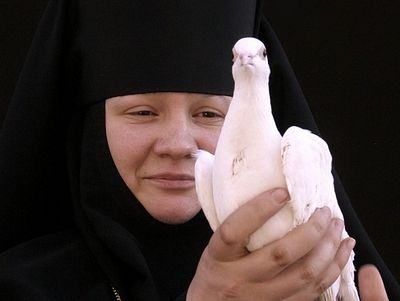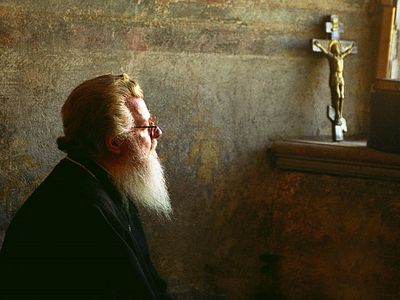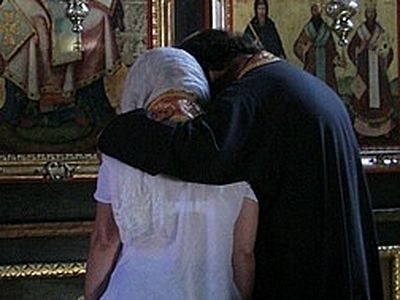The Orthodox Church forbids its clergy from holding elected office, or endorsing political parties or candidates. It strives to be a place all can come to for healing, regardless of ideology.
Yet this stance doesn’t mean it remains neutral when issues of moral and spiritual significance come to a vote.
On two occasions, I’ve endorsed from the pulpit statewide initiatives that in an Orthodox worldview concerned matters of revealed truth, rather than personal preference. One had to do with when life begins, the other with the definition of marriage. On these topics, the choice was between truth and heresy.
But before you conclude Orthodoxy is just another a right-wing hate group — or before those who identify as traditional Christians get too cozy with the political right — it must be pointed out there are several areas where the “conservative” position is also anathema.
An Orthodox (or simply orthodox) Christian must reject the argument that nature is merely a collection of resources to be exploited. I once heard Rush Limbaugh say the only good thing about a tree is what you do with it after you cut it down. As tree, it has no value.
For orthodox Christians, this is blasphemy. Creation, including the tree that never becomes a marketable good, is a revelation of its creator — an icon of divine love.
An orthodox Christian recognizes that people are also icons, made in God’s image. They’d be disturbed by nativistic efforts to keep others out of America, or demonize immigrants.
An orthodox Christian would be skeptical about domestic policies that create opportunity for those at the top, in hopes it will trickle down to those at the bottom. If all are created in God’s image, all should enjoy equal access to opportunity.
An orthodox Christian would question making military spending our top, discretionary priority — with more resources devoted to it than the next five nations combined. We’d be leery of hawkish aggression and pre-emptive strikes.
Even with the sanctity of life and marriage weighted as priorities, the preponderance of other moral questions makes it impossible for orthodox Christians to line up squarely behind any party or candidate, because no candidate or party is consistent with Christian orthodoxy.
So even if I could endorse candidates or parties, I wouldn’t. Would I support the one I half agree with, or the one I half disagree with?
As an experiment, I recently took one of those online questionnaires that help you choose a candidate, by asking policy questions and lining you up with person whose positions you share. To my surprise, I was matched with someone from the opposite end of the political spectrum from where I’d put myself.
But rather than being a heretical (too liberal) Republican or heretical (too conservative) Democrat, I think I’ll just try to be an Orthodox Christian — even if it means fitting in nowhere.





